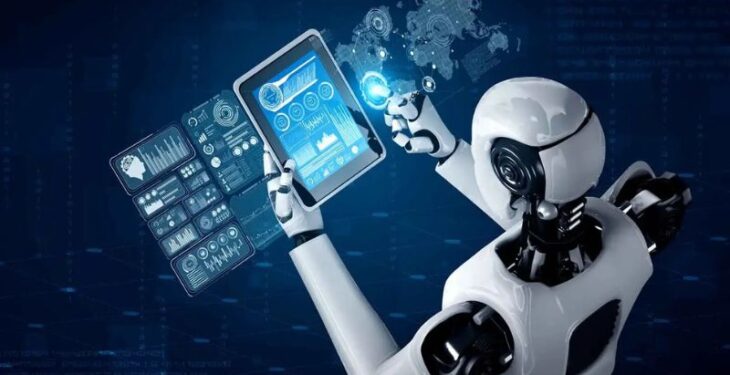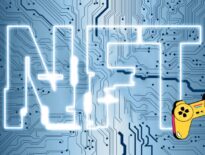With the rapid development and advancement of technology, Artificial Intelligence (AI) in different areas of education, among others, has become a key revolutionary change maker. It is incredible to see how many innovations in teaching, learning, and managing educational institutions have occurred with the help of AI technology. In this article, we will share insights into different education AI applications and their influence on student’s learning.
1. Personalized Learning Platforms:
These platforms leverage machine learning models to identify students’ talents, pitfalls, learning methodologies, and progression. Based on these insights, they provide custom education content, activities, and assessments as per every student’s need. Personalized learning platforms tailor the content to your specific needs — from modifying the level of math challenges to recommending extra recommended reading.
2. Intelligent Content Creation:
Content creation has become more efficient and accessible thanks to AI. Algorithms behind AI systems could develop educational documents such as assessments, course readings, or even curriculums. This saves teachers time and guarantees the information is still current/applicable. The AI-generated material is versatile, which means that you have the ability to make changes according to your learning style for a better experience.
3. Automated Administrative Tasks:
With the help of AI, schools and colleges are also automating their administrative work. From keeping up with schedules and grades to grading assignments themselves, automated systems have made the backend of school administration more efficient through the use of AI. This reduces the work for educators and managers who can concentrate now on teaching, education, and syllabus planning.
4. Adaptive Learning Platforms:
In adaptive learning systems, AI automatically adjusts the content and complexity of instruction according to individual students’ performance. This helps to constantly give the student a challenge at their own skill level. In this regard, adaptive learning platforms work especially well in subjects like Math, where students have the freedom to learn and build on their foundation with ease.
5. AI Video Generator:
AI video generators are an amazing addition to the education world. The text-based content can be converted into video format using an efficient video AI generator tool. Thanks to capabilities such as text-to-speech conversion, visual enhancements, and personalization, AI video generators offer interactive means of communicating data. Because some people learn better visually, videos may be the best medium for understanding a difficult concept or just learning something in general. With the tools available, educators can build interactive video content for various learning styles that make classes more accessible and entertaining.
6. Virtual Tutors and Assistants:
Students receive immediate assistance from AI-enabled virtual tutors and assistants whenever they run into trouble. Helpful virtual partners can answer questions, give answers, and converse with us to help in the learning process. They’re always there, so you can learn anytime, anywhere.
7. Language Learning Apps:
Apps for language learning have been using AI-powered speech recognition and pronunciation feedback. These applications can hear students’ pronunciations & give them immediate feedback, which helps them learn the language better. The AI algorithm is personalized for each student’s ability level, making sure both beginners and advanced students benefit from using it.
8. Intelligent Classroom Management:
Classroom management is being revolutionized with the help of AI-based tools. With the help of AI in the smart classroom, it can monitor student interaction level, identify disinterest behavior in students, and gives response to faculty. With these data in hand, educators can modify their teaching strategies to ensure engagement, participation, and understanding.
9. Predictive Analytics for Student Success:
Predictive analytics tools powered with the help of AI can anticipate the success of students based on factors such as attendance, engagement, and results of examinations. These observations provide educators with insights into implementing early intervention and support strategies for failing learners — all of which could help improve course retention rates.
10. Educational Chatbots:
Chatbots for education are trending everywhere. They can answer the most common queries, guide in selecting courses, and share details related to campus resources courtesy of these AI-driven chatbots. They increase accessibility and support for students, and they’re available 24/7.
The Bottom Line:
Education is one of several areas where AI has been successful. AI technologies have improved the educational journey for countless students and transformed teachers’ lives. These tools provide personalized learning, automate administration, and give valuable insights into students’ performance and involvement. As AI continues to grow, its importance within the education sector will continue to increase, which will eventually reform how we instruct and learn. The future is here; it’s education integrated with artificial intelligence.






